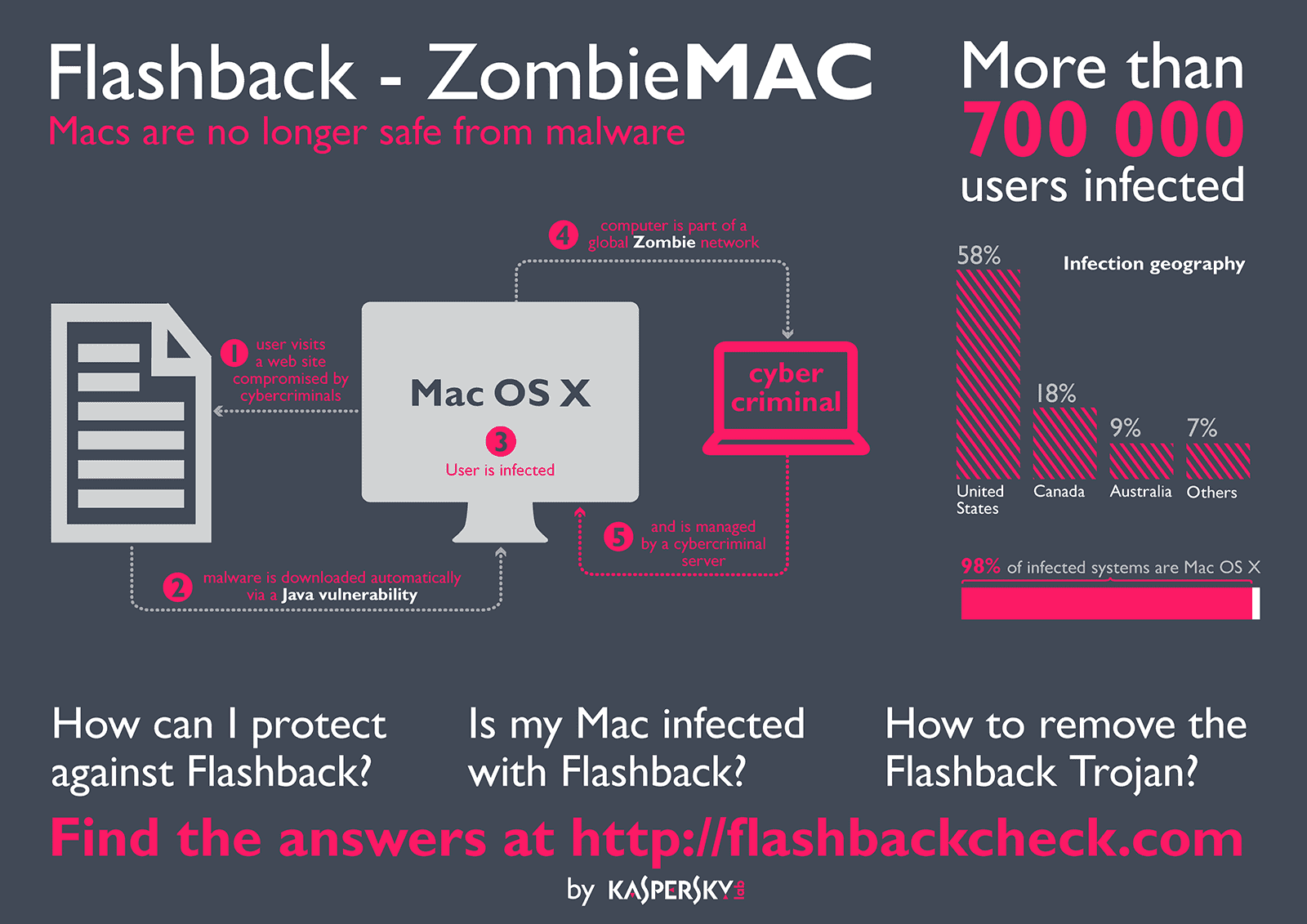
Fake or rogue antivirus software is a type of malware that pretends to have found an infection on the victim’s computer. In some cases, the cybercriminal’s objective may only be to scare the victim. However, many rogue antivirus programs also try to extract payment – for the removal of malware that hasn’t actually been detected… and may not even exist.
Avoiding rogue antivirus programs
Here are some useful tips – from Kaspersky Lab’s team of Internet security experts – to help you prevent rogue antivirus programs being downloaded onto your computer:
- Eliminate vulnerabilities – by keeping your OS and applications updated
Apply the latest security patches to your operating system (OS) and all applications, including:- Web Browsers
- Flash Player
- PDF reader… and all other applications that are on your computer
- Maintain your anti-malware defences
Keep your antivirus and Internet security software up to date. It’s a good idea to select the ‘receive automatic updates’ option within your security product. - Be cautious about search engine results
Avoid clicking on the sponsored links that feature within Internet search results. Sometimes it’s also advisable to be wary of the top search results. - Type the URL into the address bar
Whenever possible, try to access a website directly – by typing the URL into your browser. It may take a little more time – than clicking on a link that’s been generated by a search engine – but it can be a lot safer. - Beware of web surfing dangers
Avoid surfing unknown websites – especially social networks. - Don’t open unexpected attachments
If you receive an email attachment that you weren’t expecting, it might be dangerous. Don’t open an unknown attachment – unless you can verify that it is genuine and that it doesn’t contain any malware. - Think about that link… before you click it
Don’t click on random links in emails or instant messaging (IM) – or links on social networking sites.
Other articles and links related to malware and security


